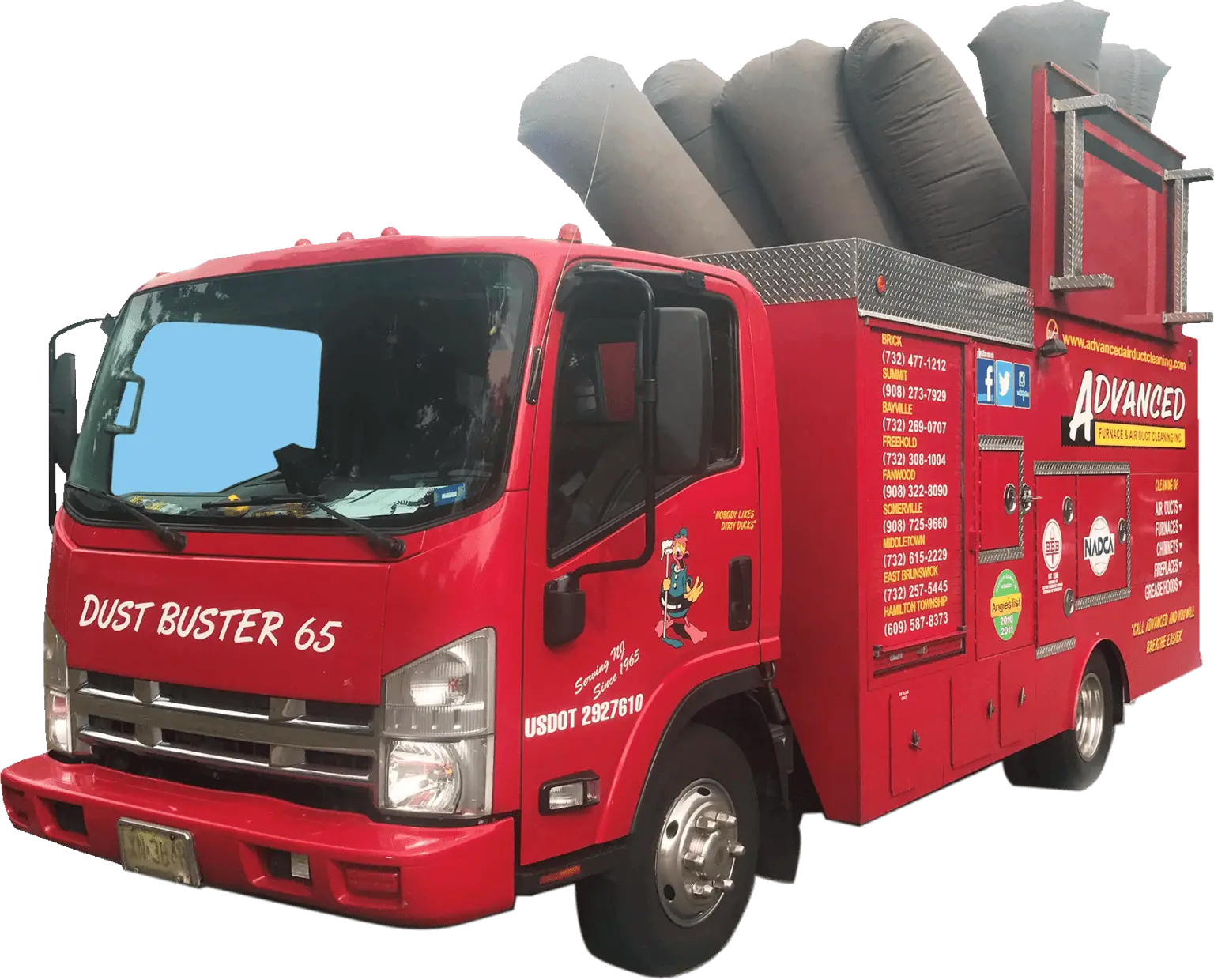
In schools, vocational schools and industrial facilities, safety officers know to keep a close watch on obvious fire risks—flammable liquids, faulty wiring, or overloaded circuits. Yet one of the most overlooked hazards is hiding in plain sight: dust collection systems. While these systems are designed to improve air quality and protect workers, without proper maintenance they can quickly become a serious ignition and fire risk.
Why Dust Collection Systems Pose a Risk
Dust generated in woodworking, metalworking, textiles, plastics, and other industrial processes is often combustible. When fine particles accumulate inside ductwork, filters, or collection bins, even a small spark can ignite a dust fire or explosion.
- Combustible Dust: OSHA and NFPA both recognize dust as a major fire hazard. As little as 1/32 of an inch of dust spread over a surface can create explosive conditions.
- Ignition Sources: Sparks from welding, static electricity, overheated bearings, or even friction in ductwork can ignite accumulated dust.
- Airflow Restrictions: Clogged ducts reduce airflow, allowing more particles to settle and creating hot spots within the system.
Common Misconceptions
- “The system is working, so it must be safe.”
Even if fans are running, buildup inside ducts and hoppers may go unnoticed until it’s too late. - “We had the system installed recently—no need to clean yet.”
New systems can accumulate hazardous debris quickly, especially in high-production environments. - “Our filters catch everything.”
Filters capture particles, but without cleaning, they themselves become fire hazards.
NFPA Guidance and Compliance
The NFPA 652 Standard on the Fundamentals of Combustible Dust and NFPA 654 Standard for the Prevention of Fire and Dust Explosions outline requirements for cleaning, inspection, and hazard analysis. Compliance isn’t just about avoiding fines—it’s about protecting lives, equipment, and your facility.
Failure to maintain dust collection systems can lead to:
- Increased fire and explosion risk
- Regulatory penalties from OSHA or local authorities
- Costly downtime and equipment loss
The Role of Professional Cleaning
Routine inspections and professional cleaning of dust collection systems dramatically reduce fire risk. Benefits include:
- Restored airflow for safer, more efficient operation
- Elimination of combustible buildup inside ducts and hoppers
- Extended equipment life by preventing overheating and damage
- Improved compliance with OSHA and NFPA standards
Critical Maintenance for Fire Safety
For safety officers, overlooking dust collection system maintenance is a gamble no facility can afford to take. A proactive cleaning schedule is not only a best practice—it’s a critical part of your fire prevention program.
Advanced Air Duct Cleaning, our team specializes in industrial duct and dust collection system cleaning. We help facilities across New Jersey and beyond stay safe, efficient, and compliant. Don’t wait for an inspection—or worse, an incident—to highlight the risk. Contact us and schedule a professional assessment today to protect your people, your property, and your productivity.
0/5
(0 Reviews)

